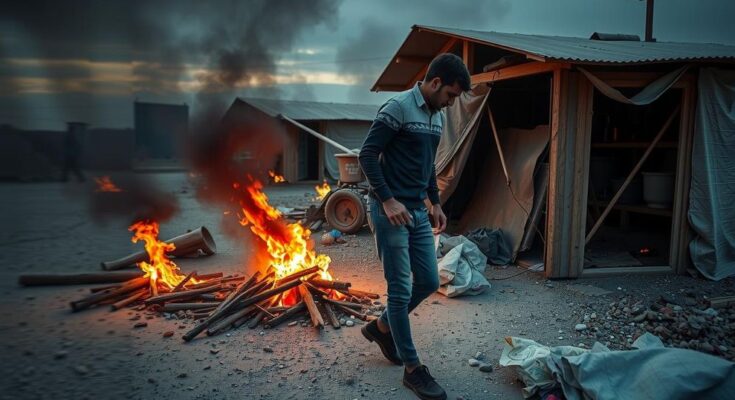The UN has expressed grave concerns regarding targeted killings of Alawites in Syria and rising executions in Iran, while also acknowledging a positive development in the Central African Republic with new protections for human rights defenders. These developments highlight the urgent need for adherence to human rights and humanitarian principles globally.
The UN Office of the High Commissioner for Human Rights (OHCHR) has expressed serious concern regarding the targeted killings of individuals from Syria’s Alawite community and other minority groups. Reports indicate a rise in violence against these groups following the collapse of the Assad regime. In response, OHCHR spokesperson Liz Throssell emphasized the need for all parties to comply with international humanitarian and human rights obligations to protect minority rights.
In Iran, the number of executions has reached alarming levels, with at least 901 individuals executed in 2024 alone. UN High Commissioner for Human Rights, Volker Türk, condemned this increase, primarily directed at drug-related offenses, but also involving dissenters linked to recent protests. The UN noted that many executed were victims of domestic violence, highlighting a concerning trend in gender-related executions.
In the Central African Republic (CAR), a new law aimed at bolstering protections for human rights defenders has been hailed as a significant step forward. This law enhances the security and legal support for defenders, promoting civic space and freedom of expression, as mentioned by expert Yao Agbetse. This legislative development marks a positive shift toward recognizing the vital role of civil society in the nation’s democracy.
These unfolding situations underscore the urgent need for protection of minority groups under threat, a halt to excessive state-sponsored violence in Iran, and the recognition and safeguarding of human rights defenders worldwide.
The current state of human rights across various nations, including Syria, Iran, and the Central African Republic, indicates a troubling trend of violence against specific minority communities and human rights activists. In Syria, following political upheaval, particularly the removal of the Assad regime, the Alawite minority has come under severe threat, prompting international concern. In Iran, the government’s use of capital punishment has spiked alarmingly in recent years, raising ethical debates on human rights and legal treatment in the country. Meanwhile, in the Central African Republic, the introduction of legal measures to protect human rights defenders marks a significant effort toward enhancing the rule of law and support for civil society. These developments collectively highlight the complexities and challenges faced in upholding human rights globally.
In conclusion, the highlighted reports demonstrate a dire need for global awareness and intervention regarding human rights violations. The targeted violence against Alawite communities in Syria signifies crucial humanitarian concerns, while the alarming increase in executions in Iran calls for urgent calls to cease the death penalty. Conversely, the legislative advancements in the Central African Republic regarding the protection of human rights defenders present a hopeful stride toward safeguarding fundamental freedoms. Collectively, these issues warrant international scrutiny and action.
Original Source: news.un.org




